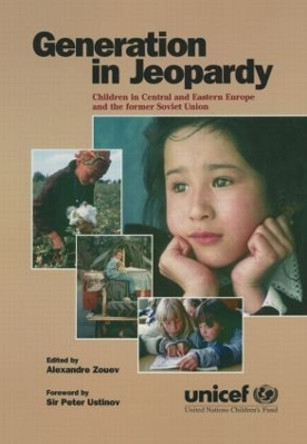Description
About the Author
A. Ross Johnson was a History and Public Policy Fellow at the Woodrow Wilson International Center for Scholars and Senior Adviser at Radio Free Europe/Radio Liberty. R. Eugene Parta is former director of Soviet Area Audience and Opinion Research at RFE/RL and of Media and Opinion Research at the RFE/RL Research Institute.
Reviews
"This collection of documents and scholarly analysis marks a major advance in the discussion, and furthers understanding the role of propaganda and reliable information in shaping the complex dynamics of the Cold War. Summing up: Highly recommended." * Choice *
"Cold War Broadcasting is a vital research tool, and will no doubt pave the way for further archive-based studies about Western radios' impact on the populations behind the Iron Curtain." * Historical Journal of Film, Radio and Television *
"Now we have this wonderful book to explain to us how the Voices functioned, what their problems and successes were, how jamming worked, and what the authorities were worried about. Here, in one thick volume, we have the inside story of so many issues that surfaced during the Cold War, when information beamed to this part of the world was arguably the West's most dangerous weapon. Cold War Broadcasting does not read like a novel, although the material is dramatic and exciting enough for many novels." * Russian Review *
"One would not expect a scrupulously researched academic tome to read like a spy novel, but Cold War Broadcasting manages in places to do just that. Based to a very large extent on files from Soviet-era intelligence and security establishments, this book examines the impact of government-sponsored Western broadcasting on societies behind the Iron Curtain and the efforts made to counter that impact. The most fascinating study in the book, by Istvan Rev of Budapest, is an introspecitve and philosophical tract. Rev alludes to the fact that both Washington and Moscow intently studied one another's messages and modified thier own messages accordingly - a subtle example of international meta-broadcasting. As pointed out in this intriguing study and attested to in the words of the political elites most adversely impacted by Western radio, funding for these efforts constituted the best imaginable bargain in combating Communism, given the pervasive effect such broadcasts had on the course of history. Even CIA analysts relied on information that could be provided only by the radio stations" * Slavic and East European Journal *
"In recent years, Cold War studies have undergone a modest revolution. In addition to the many political, diplomatic, and military books and articles on the Cold War, a few scholars have begun to focus on the importance of soft power in the confl ict. Cold War Broadcasting is a welcome addition to that small but growing body of scholarship... the articles and documents provide a wealth of new information that lays the foundation for a critical analysis of RFE/RL's and other western broadcasters' impact on the Soviet Union and its satellites in eastern Europe." * Slavic Review *
"This volume is an exceptional contribution to the growing literature on the politics of the 'Cultural Cold War'. Fruit of a 2004 conference at Stanford University co-sponsored by the Hoover Intsitution and the Cold War International History Project, it features analyses by former broadcasters and academics as well as over two hundred pages of documents in translation from archives across the former Soviet bloc." * Slavonica *
Book Information
ISBN 9786155225079
Author A. Ross Johnson
Format Paperback
Page Count 612
Imprint Central European University Press
Publisher Central European University Press
Weight(grams) 991g







